Fact Sheet
How the Tobacco Industry Uses Farmers to Influence Policy
People already facing discrimination are industry targets
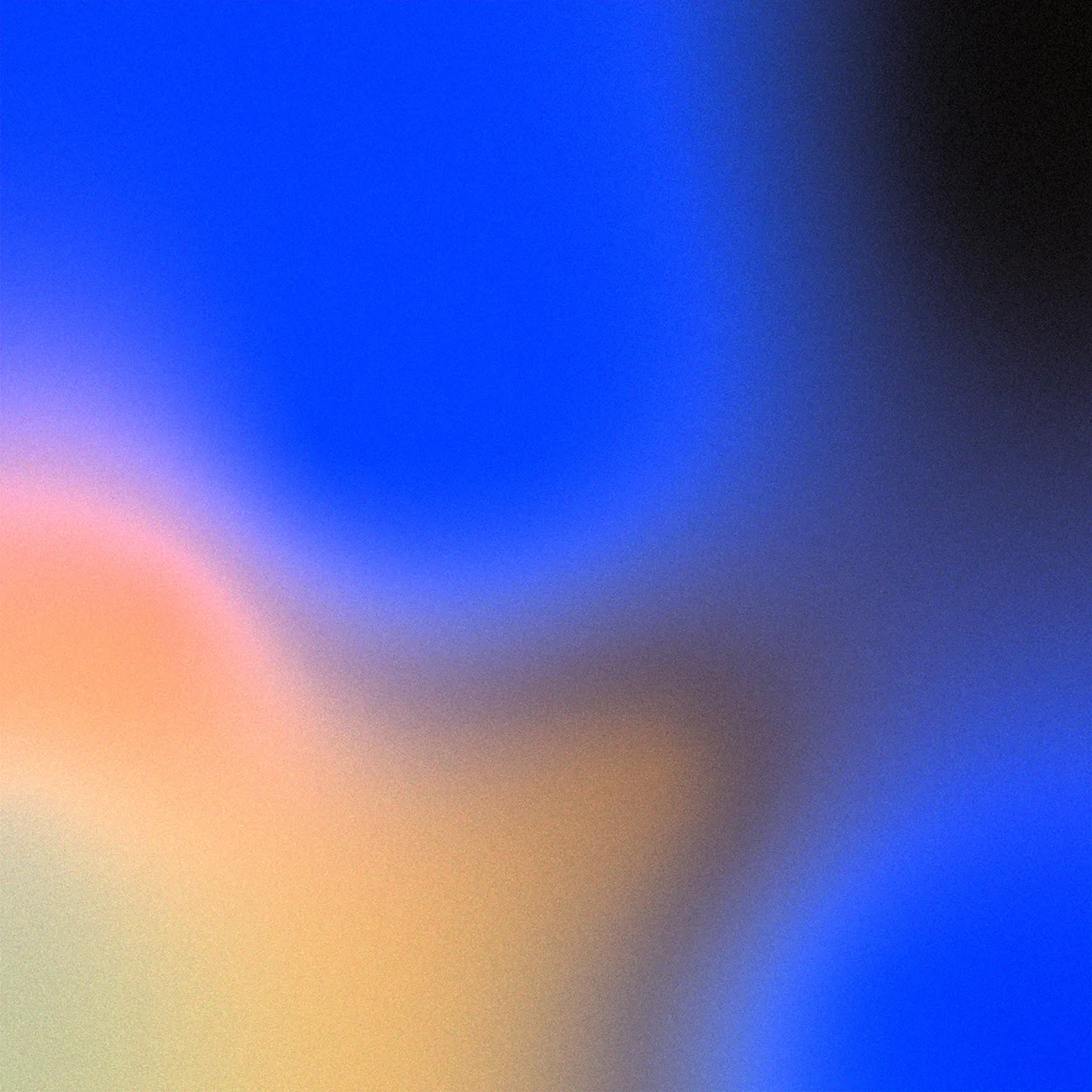
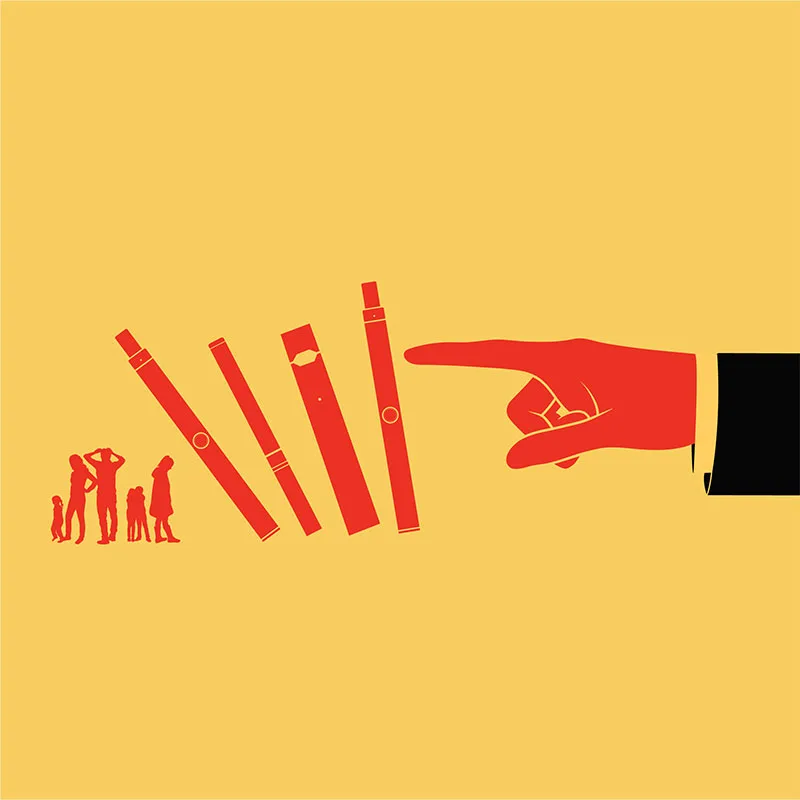
Because of racism and other forms of bias, some people face more barriers to getting things they need to thrive—like access to health care and economic opportunities.
This is systemic inequity, and it hurts people.
The tobacco industry is making it worse. Targeting people around the world who face inequity makes already unfair, unequal systems even more unequal.
Tobacco companies use predatory marketing tactics on people who, due to discrimination, are already more likely to have worse health outcomes.
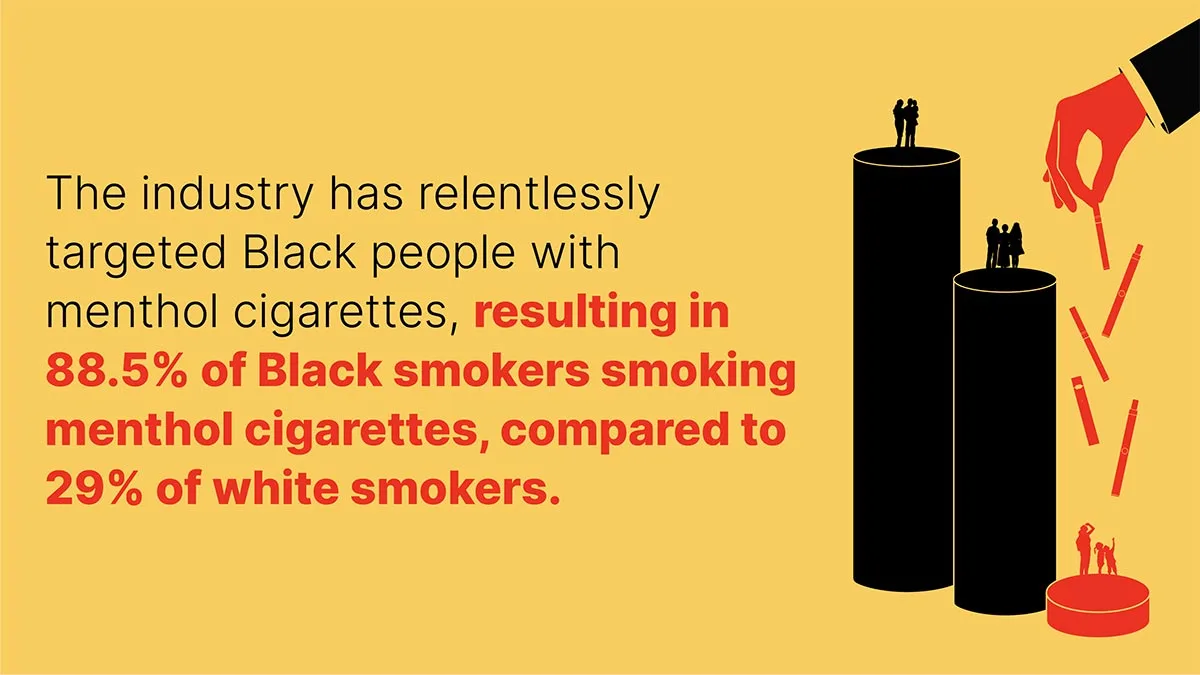
Tobacco companies widen tobacco use gaps between indigenous and non-indigenous populations.
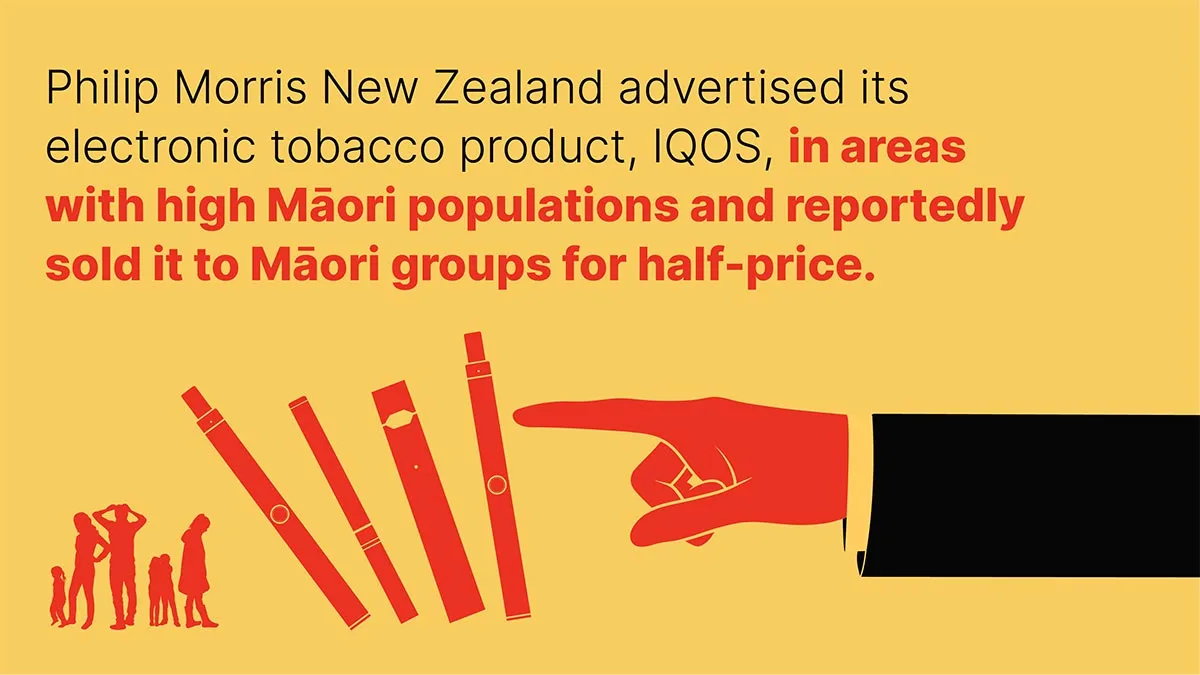
And the industry works to keep poorer people—those who can least afford the costs of tobacco-related disease—hooked.
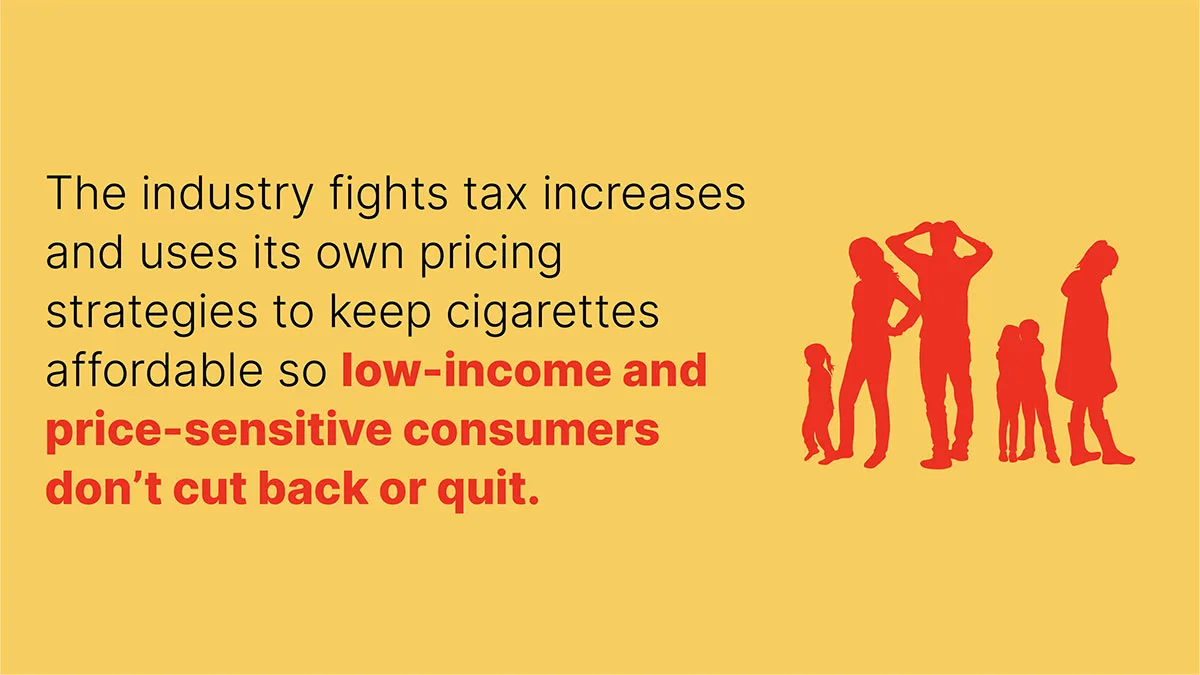
This is just the tip of the iceberg. The industry’s exploitative tactics have historic roots, but continue today. Governments can act—now.
Download the infographic to learn more.